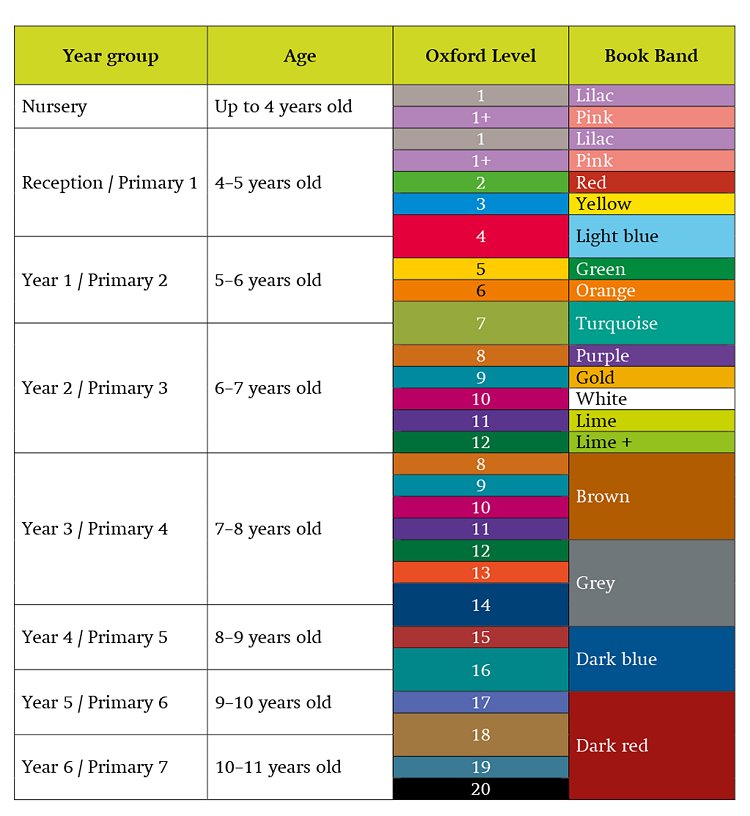
Reading is a skill that most of us take for granted, yet it is essential for being able to get on in life. As a child grows up, being able to read well not only enables them to discover new facts and to learn at school, but also opens them up to a world of new ideas, stories and opportunities.
At Beckstone, all our staff are committed to ensuring that all children become independent and fluent readers during their time at our school. We want our children to enjoy books as much as we do!
Our teaching of reading begins from the very first day a child begins at our school when children are encouraged to take home a book to read with their parents and carers.
Our structured approach to reading is carefully designed to ensure the best results for our children. It all begins with a focus on phonics and in Reception children learn the letter sounds through adult directed activities. The scheme of work that we use to teach phonics across EYFS and KS1 is No Nonsense Phonics.
This learning is reinforced through enhancement tasks, songs and fun, practical activities related to the corresponding letter formation. Children begin their ‘book-reading journey’ with non-worded books which develop their questioning and prediction skills. As their segmenting and blending progresses, they are constantly assessed and given activities to suit their attainment. These include picture/word match cards, CVC word books, caption/picture matching cards and the early reading books from our school scheme.
Our home reading material matches the sounds that the children are learning so they can practise their new skills or revisit sounds. Children will bring home the phrases and stories they have been reading in class so they can practise reading and are reading at a level which directly matches their learning. Also, as we believe story time and sharing books is a huge part of learning to read and become a life long reader, our children also take home a Together Time book. This si a storybook of their choice that is to be read to them and enjoyed by everyone at home.
Children could not make the progress they do without support from home and we work closely with parents to ensure they understand how to pronounce the phonics correctly and have strategies to develop their child’s reading skills.
Parents are also introduced to the ‘Talk for Writing’ vocabulary and actions to help with story-telling at home. Support for reading at home is also available on our website and through Tapestry and Seesaw.
As the children move through KS1 phonics remains a high priority and is taught between 3 and 5 days a week. Guided reading sessions focus on higher order reading skills and the development of vocabulary. Children work through the reading scheme which matches their current reading attainment and they read frequently with an adult in school. Reading diaries encourage the children to record their reading and respond to set questions, where appropriate.
As their reading progresses, we work on developing vocabulary and comprehension skills through structured through whole class guided reading sessions.
From Reception to Year 6, children take part in Strive for Five. Everyone aims to read five times a week at home, if they do, they are entered for the Strive for Five raffle where a book can be won! The raffle is drawn every two weeks and is very exciting for everyone involved.
In order to help with understanding what has been read, your child will be able to use online resources available on our website.
As children enter KS2, they also have access to an online resource called Accelerated Reader which also enables children to quiz on what they have read.
In Year 5 and 6, the children move onto Reading Plus. This adaptive literacy ICT programme develops fluency and comprehension by providing each child with personalised texts matched to their attainment. As the children become more proficient in reading, the programme responds to their needs and interests.
The chart below gives a guide to the expected bandings for each year. If your child is not reading at the expected band for a time, do not worry. Progress is different for every child. However, regular, consistent and enjoyable reading practice at home in addition to reading at school will always benefit your child. Your child’s class teacher will always be willing to discuss your child’s progress throughout the school year.
